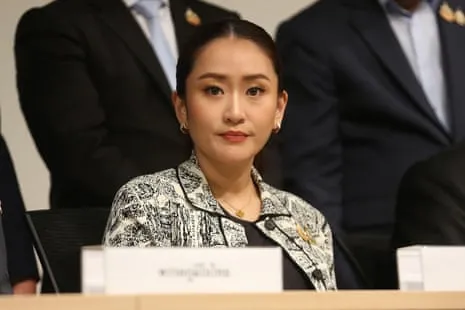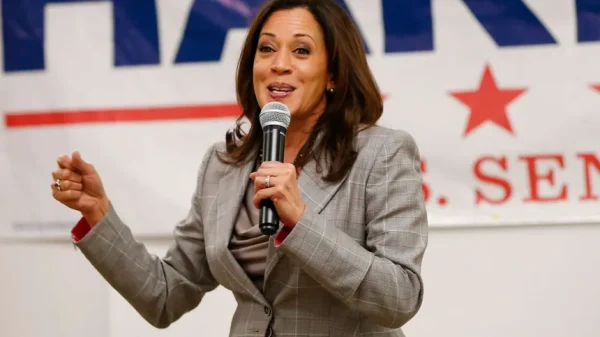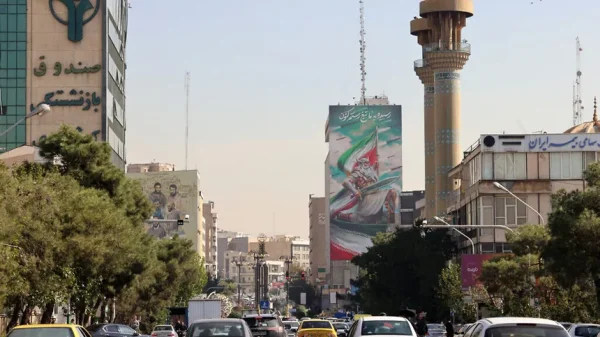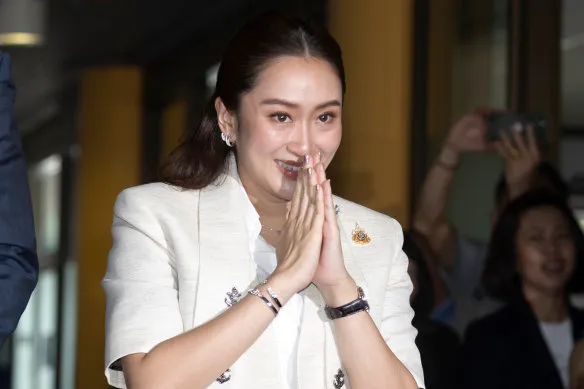Thailand’s parliament has chosen Paetongtarn Shinawatra, the daughter of the country’s divisive former leader Thaksin Shinawatra, to become the new prime minister. The royal letter of endorsement was granted to her on Sunday, allowing her to take office. Paetongtarn’s appointment comes after a court order removed her predecessor, Srettha Thavisin, who was found guilty of a serious ethical breach.
Paetongtarn’s family has a significant history in Thai politics, as her father was the prime minister twice, and her aunt, Yingluck Shinawatra, was also the prime minister. Thaksin’s leadership was marked by controversy, and he was removed from office and forced into exile after a 2006 military coup. He has now returned to Thailand, although his exact role in politics remains uncertain.
Paetongtarn’s appointment has been met with a mixed response, with some celebrating her return to politics and others expressing concerns about her ties to her father’s regime. During her swearing-in ceremony, Paetongtarn thanked the king, the Thai people, and lawmakers for their support. She vowed to “make every square inch of Thailand a space that allows Thai people to dare to dream, dare to create, and dare to dictate their own future.”
Paetongtarn’s coalition government includes parties associated with the military, which has been a powerful force in Thai politics. Her party, Pheu Thai, has traditionally been favored by the rural poor, while the military and urban elite have tended to support more conservative parties. The military’s influence on the government has led to concerns about democratic backsliding and human rights abuses.

Paetongtarn Shinawatra (Image via Getty)
Thaksin’s political legacy has been marked by deep divisions in Thai society. He was a populist leader who implemented policies that benefitted the poor, but was also criticized for his authoritarian style and corruption. His ouster in 2006 led to nearly two decades of political instability, as the country was plagued by frequent elections, protests, and coups.
In recent years, the country has seen a shift towards more progressive politics, with the Move Forward Party winning the most seats in the 2023 election. However, the military-appointed Senate blocked the party from forming a government, paving the way for Pheu Thai to form a coalition with parties associated with the military.
Paetongtarn’s appointment has sparked controversy, with some analysts warning that the return of Thaksin’s political machine could undermine democratic progress in Thailand. Her exact agenda and policies remain unclear, but many are watching to see if she can navigate the complex web of political alliances and restore stability to the country.


























